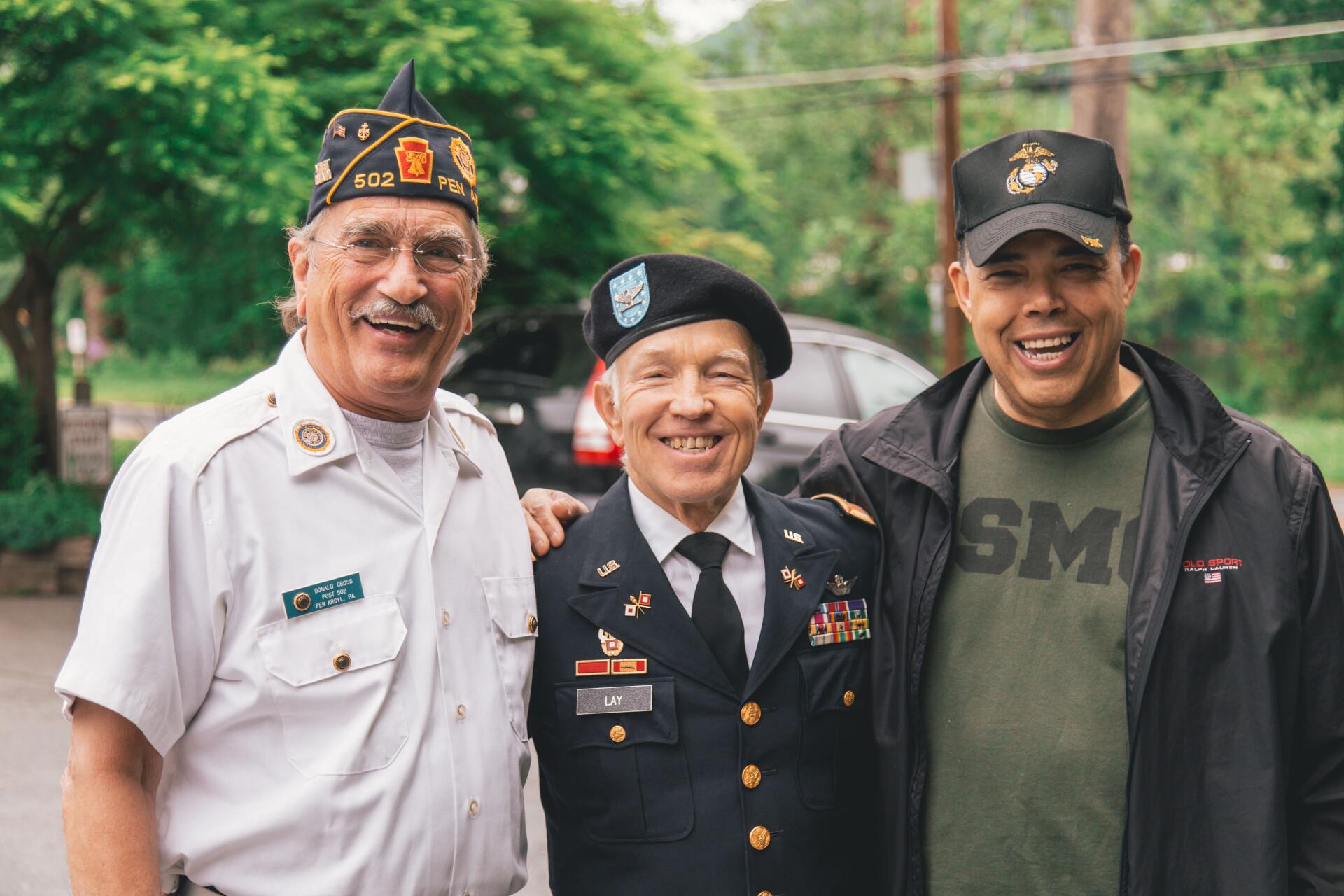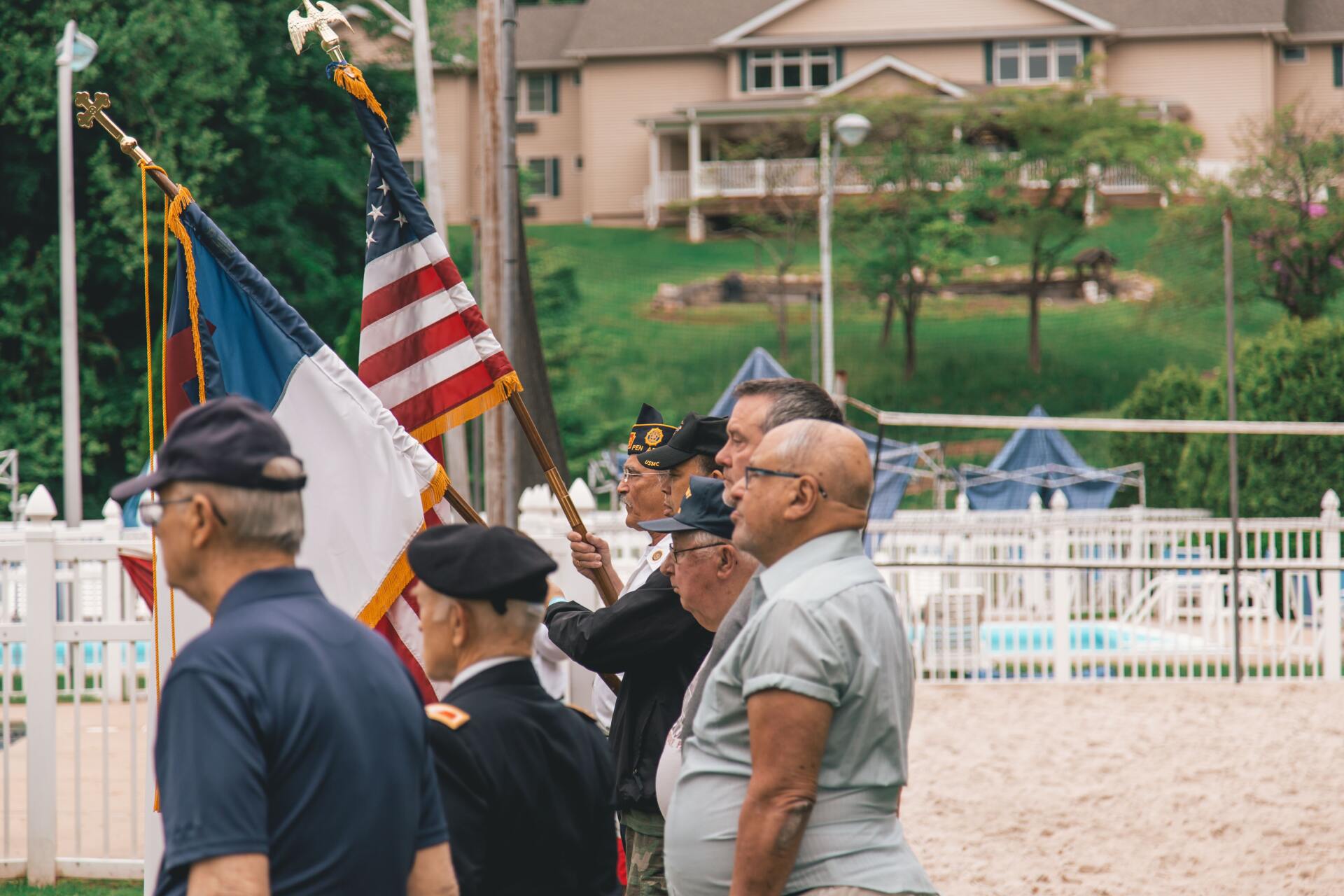All Donations 100% Tax Deductible
511 West 165th Street, Unit 309
New York, New York, 10032
Federally Certified
as a 501(c) 3
Army Begins Privatization Billing For Housing
Army to Begin Utility Billing for Privatized Housing
Army News Service | August 25, 2006
Washington D.C. - Some families living in privatized housing on Army installations will become responsible for their utility consumption starting Sept. 1.
Residential Communities Initiatives will begin billing for electricity at five installations where a yearlong mock billing program was recently completed. The mock billing program established a baseline for electricity consumption through consumption patterns, housing type and size.
Residents who use less energy than what was established by their baseline will earn a rebate or credit. Those who exceed their baseline will be required to pay the difference. Residents should see their first bill on or around Oct. 1, 2006.
The installations where billing will begin are: Fort Carson, Colo.; Fort Hood, Texas; Fort Meade, Md.; Fort Lewis, Wash.; and Fort Campbell, KY.
Only those residents living in new and fully renovated houses will receive energy bills.
“These homes feature Energy Star appliances, as well as additional insulation and energy-saving windows,” said Ivan Bolden, RCI Assistant for Policy and Program manager. “Energy Star is the housing industry’s highest energy-saving rating.
“The majority of old homes are not individually metered so it would be difficult to gauge energy consumption,” he said. “But once they are fully renovated, they will be included in the billing program.”
Congress passed the Military Housing Privatization Initiative in 1996, allowing the services to privatize family housing. Guidance published by the Office of the Secretary of Defense in 1998 required service members in privatized housing to be responsible for the utilities they consumed.
The billing program was established by the Department of Defense to conserve energy and track energy usage. Eventually all military branches will require residents living in privatized housing to be responsible for their energy use.
Under the RCI program, more than 72,000 family housing units at 33 Army installations have been turned over to private developers.
The companies manage the housing and collect rent through Soldiers’ Basic Allowance for Housing. In return, the companies provide property management services, renovate existing homes and build new housing.
Dollars saved through conservation will mean more money for construction of new homes and community facilities at the installation; the savings will stay local.
“It’s all about providing quality housing for the Soldiers and their families and using our nation’s energy wisely,” Bolden said.
Location
511 West 165th Street, Unit 309
New York, New York, 10032
Be part of the project
Join our newsletter and find out more

Slide title
Write your caption hereButton
Slide title
Write your caption hereButton
Slide title
Write your caption hereButton
Slide title
Write your caption hereButton
Slide title
Write your caption hereButton
Veterans Association of America Inc
